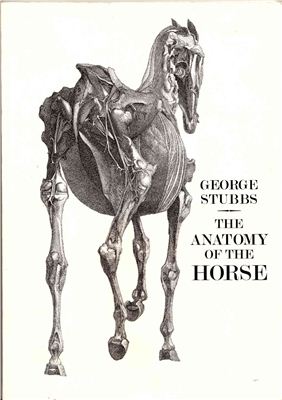Издательство: Paperback Book - 2005 г.
George Stubbs was one of Britain's most innovative artists. Such is the present reputation of his paintings, with their astonishingly convincing renderings of both animals and people, that it is easy to forget how much of his success was based on rigorous scientific observation. In 1756, Stubbs rented a remote farmhouse, where he erected a scaffolding to hold the cadavers of horses as he dissected and drew them. After 18 months of single-minded dedication, Stubbs produced the drawings for" The Anatomy of the Horse, "which he later etched himself. The result was a sensation. Letters of congratulation poured in from scientists all over Europe, amazed not only at the perfection of the finished work, but that it had been produced without patronage. It remained a textbook for artists and scientists for well over a century, and to this day, the strange, spare beauty of these prints continue to fascinate.
George Stubbs was one of Britain's most innovative artists. Such is the present reputation of his paintings, with their astonishingly convincing renderings of both animals and people, that it is easy to forget how much of his success was based on rigorous scientific observation. In 1756, Stubbs rented a remote farmhouse, where he erected a scaffolding to hold the cadavers of horses as he dissected and drew them. After 18 months of single-minded dedication, Stubbs produced the drawings for" The Anatomy of the Horse, "which he later etched himself. The result was a sensation. Letters of congratulation poured in from scientists all over Europe, amazed not only at the perfection of the finished work, but that it had been produced without patronage. It remained a textbook for artists and scientists for well over a century, and to this day, the strange, spare beauty of these prints continue to fascinate.

